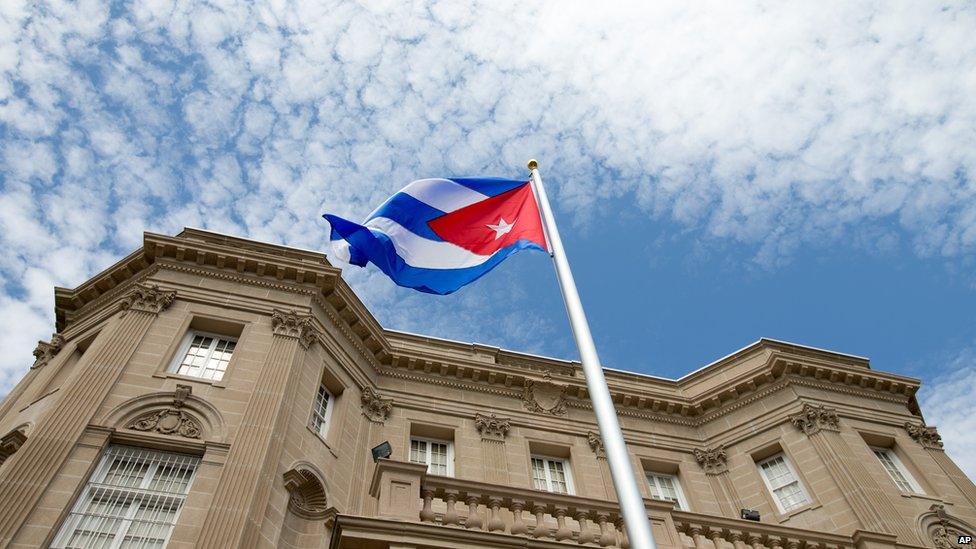Cuba reinstates controls on doctors travelling abroad
- Published
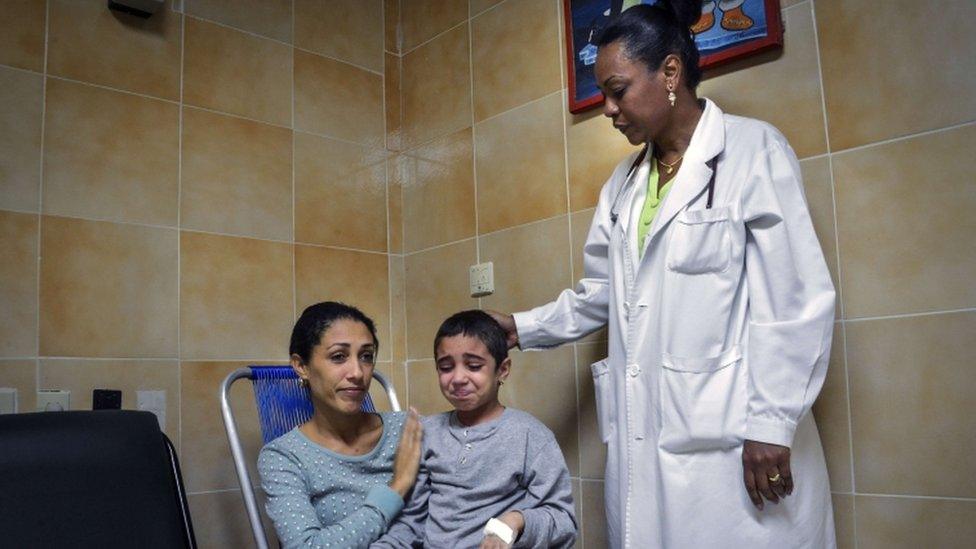
Cuba says its much-praised healthcare system is facing shortages of doctors in key specialities
Cuba has reinstated restrictions on doctors leaving the island to work in the United States and other countries.
Doctors will now have to apply for a special permit before going abroad.
Cuba's health services have been "seriously affected" by the large number of doctors who have moved abroad since controls were eased in 2013, the authorities said.
Cuba also criticised a US policy it said encouraged doctors and other health workers to leave their posts.
Under the 2006 Cuban Medical Professional Parole Program, external, Cuban medical personnel sent by Cuba's government to study or work in a third country are allowed to enter the US.
Cuba said the programme was an attempt by the US to drain it of medical professionals.
"It must be recalled that the United States government has historically used its migratory policy as a weapon against the Revolution, and has, for political reasons, encouraged emigration from Cuba," says a government statement published in the official newspaper, Granma.
The US and communist Cuba restored relations earlier this year after more than 50 years of hostilities, but the US trade embargo remains in place.
'Wet-foot, dry-foot'
A huge number of qualified health professionals have left Cuba over the past two years.
Most of them try to reach the United States, which has a special immigration policy for Cuban citizens, known as "wet-foot, dry-foot".
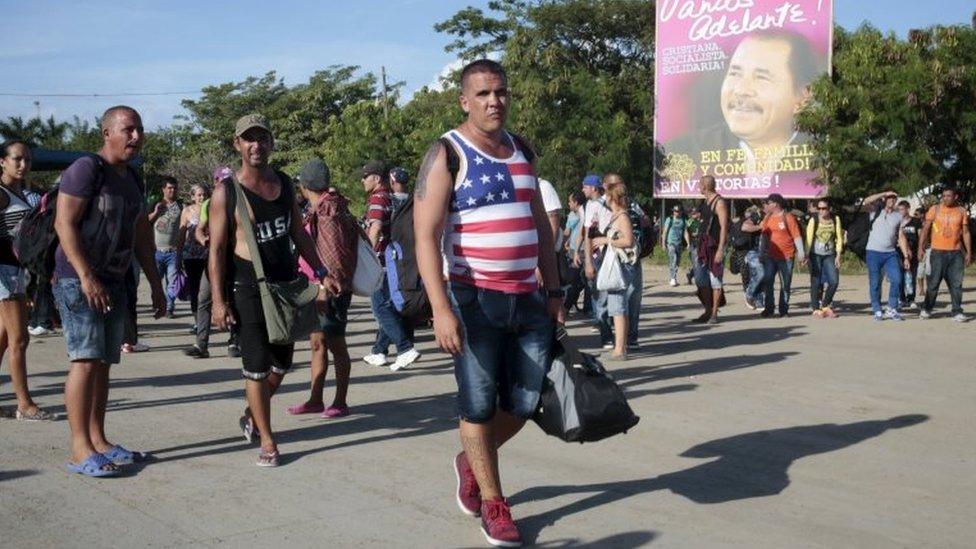
Migrants hoping to reach the US by land were denied access into Nicaragua, whose government is close to Cuba
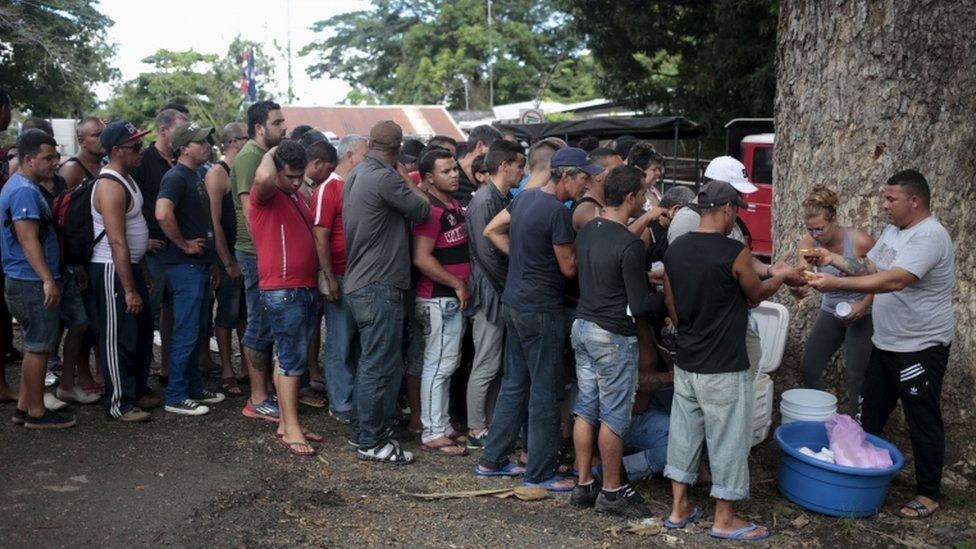
Nicaragua accused Costa Rica of hurling Cuban migrants at its southern border
It allows Cubans who reach the US by land to apply for residency while those who are intercepted at sea are turned back.
The policy has led to a rise in Cubans trying to make their way to the US through Latin America by land.
Some 3,000 Cubans migrants are currently stranded on the border between Costa Rica and Nicaragua, after the latter closed its border.
Nicaragua, which has close ties with the Cuban government, has refused to let the migrants travel north through its country,
Cuba said it was trying to find a solution to the problem by maintaining "contact with the countries involved in the search for a rapid, adequate solution".
Since Raul Castro took over from his brother, Fidel, in 2008, his main policy has been to ease strict economic and travel restrictions in place for decades.
In September, Havana announced it would welcome back doctors who deserted while working abroad on programmes sponsored by the island's communist government.
Doctors would be offered their jobs back and incur no punishment or loss of status.
The Cuban government says it has some 50,000 health workers engaged in health projects in 68 countries. Half of them are doctors.
Critics say the highly-trained professionals are underpaid, while the Cuban government charges other countries for the service and makes significant profits.
- Published1 December 2015
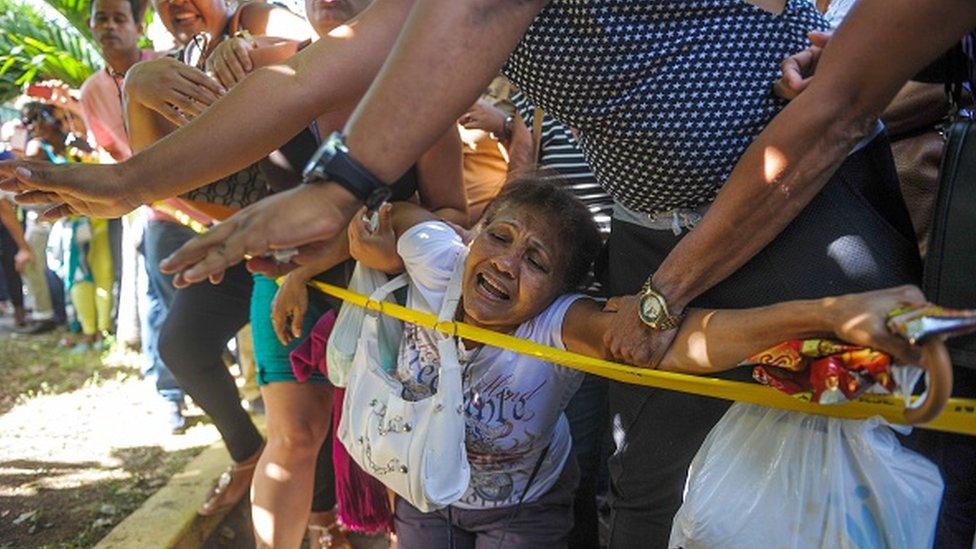
- Published16 November 2015
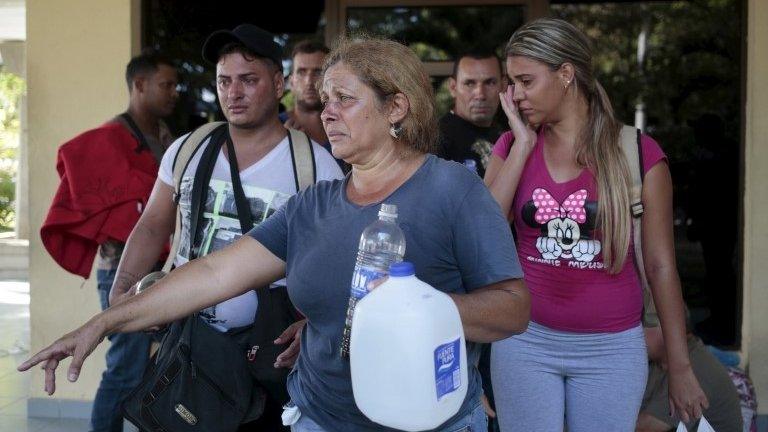
- Published4 September 2015
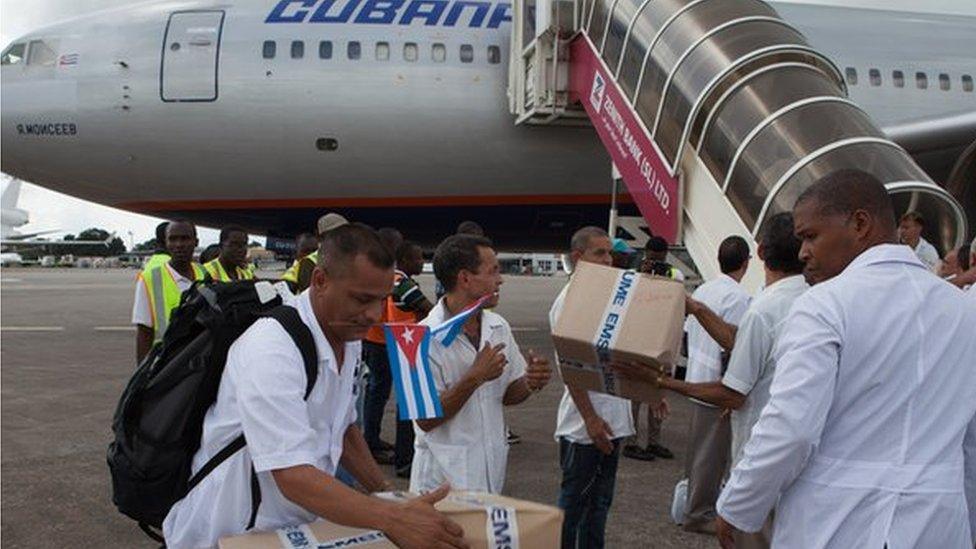
- Published20 July 2015
